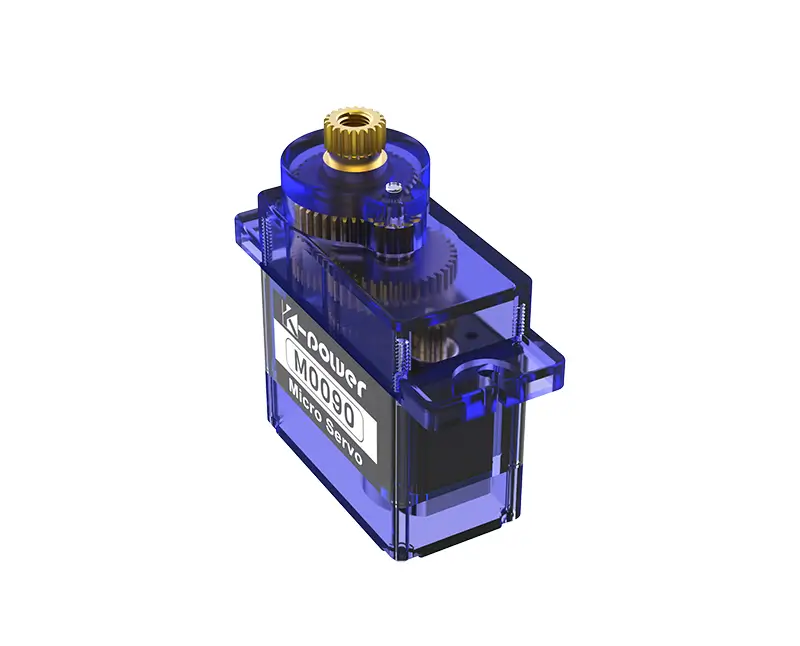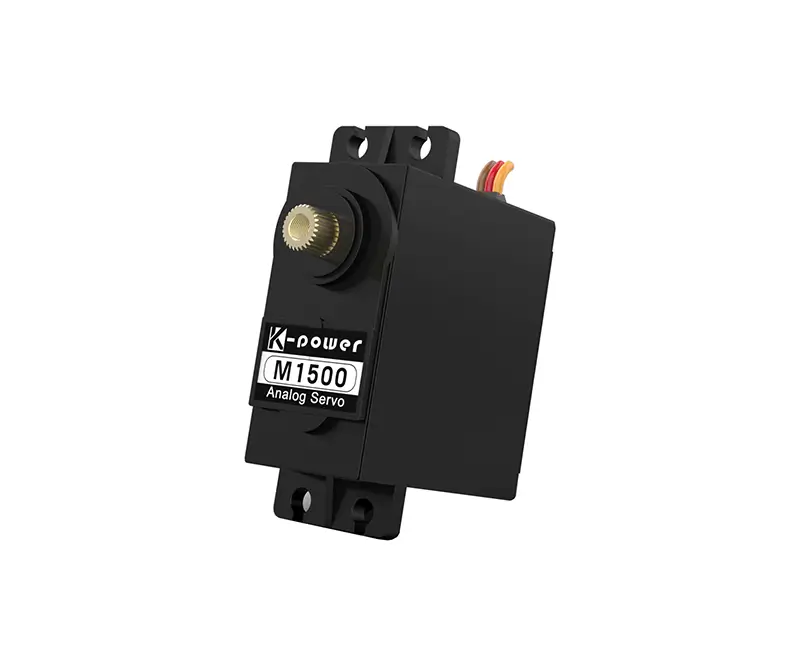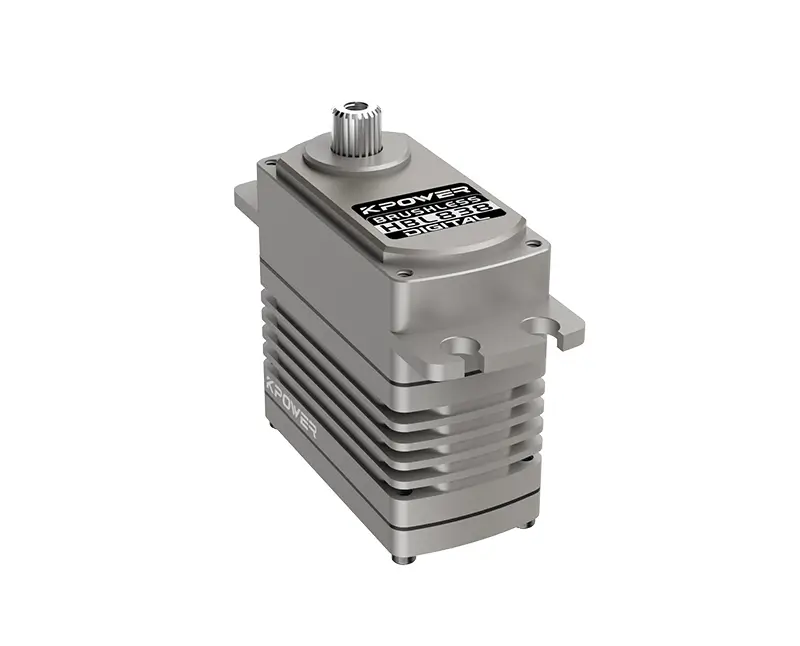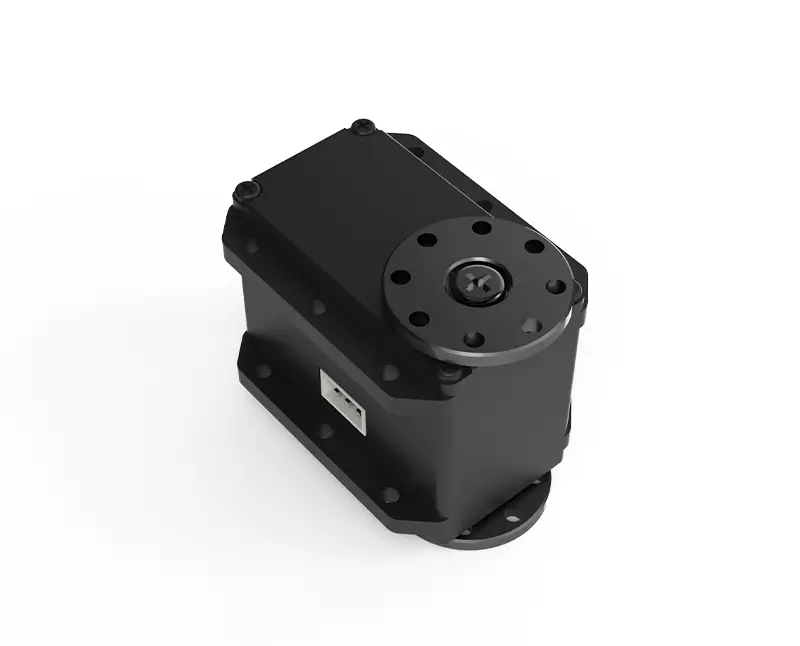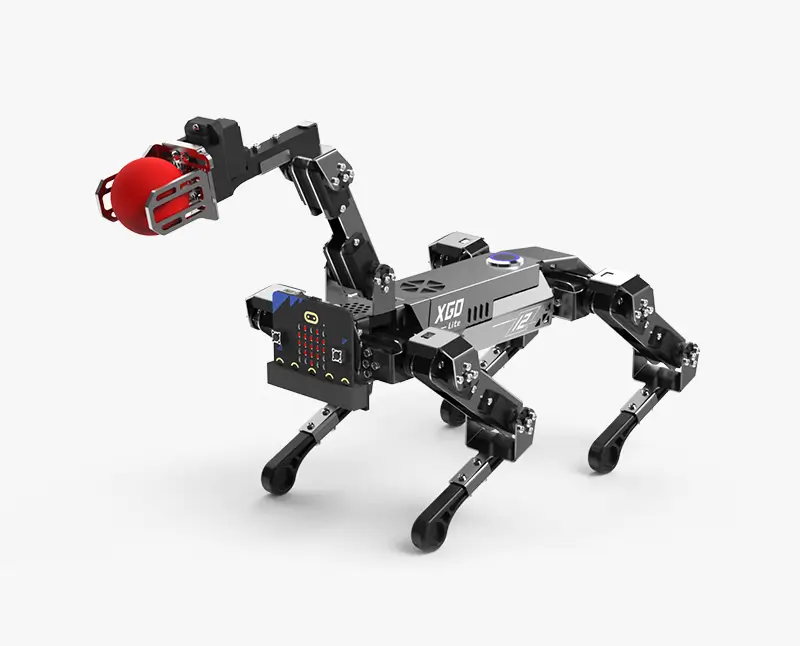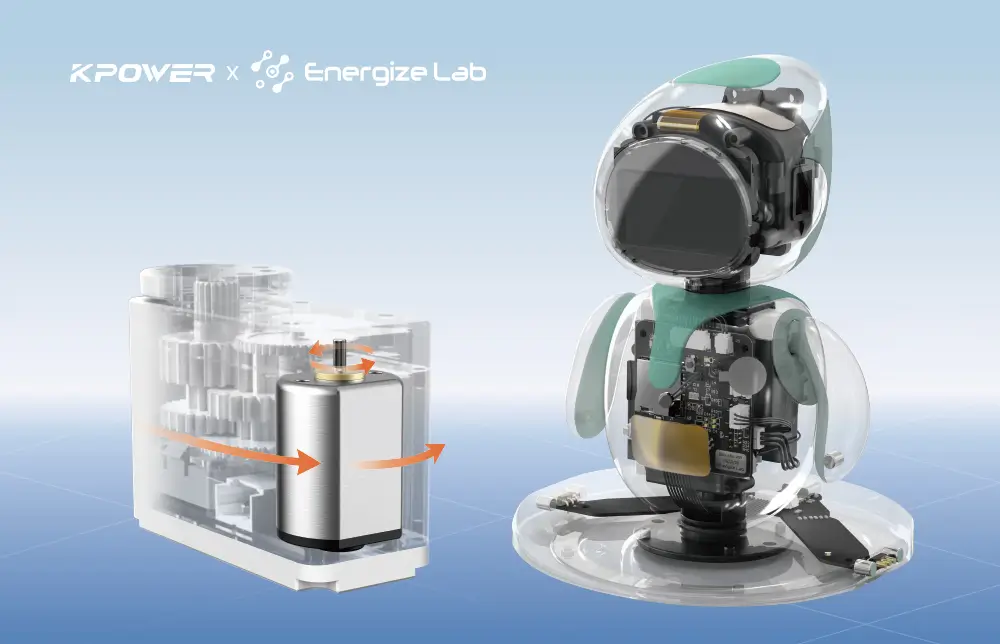Precision Meets Control: Why Your Next Servo Motor Needs a Built-In Potentiometer
Imagine a machine that moves with the accuracy of a surgeon’s hand—smooth, deliberate, and utterly reliable. That’s the promise of a servo motor integrated with a high-quality potentiometer. But why does this combination matter? Let’s break it down without the jargon.
.webp)
The Secret Sauce: How It Works
A servo motor alone is like a racecar without a steering wheel. Add a potentiometer, though, and suddenly you’ve got real-time feedback. This tiny component acts as the “eyes” of the motor, constantly measuring rotational position and adjusting output to match exact requirements. Think of it as a silent partner that never stops fine-tuning performance.
KPOWER’s latest models take this further. By embedding industrial-grade potentiometers directly into the motor housing, they eliminate lag and calibration headaches. One user described it as “finally getting a machine that listens.”
But Wait—What If You’re Not a Tech Expert?
Here’s the thing: You don’t need to be. Modern servo systems with integrated potentiometers are designed for plug-and-play simplicity. No cryptic manuals or hours spent troubleshooting. Just consistent, repeatable motion.
Q: How does this affect everyday operations?
A: Picture a packaging line where speed and precision collide. A traditional motor might miss by millimeters after hours of use. With a built-in potentiometer, the system self-corrects, maintaining tolerances tighter than a watchspring. Less waste, fewer delays.
Durability Without Compromise
Let’s address the elephant in the room: potentiometers can wear out. KPOWER tackled this by using conductive plastic elements resistant to moisture, dust, and temperature swings. One automotive client reported zero failures after 18 months in a humid, vibration-heavy environment.
The Flexibility Factor
Need to adjust torque or reposition angles on the fly? The potentiometer’s analog signal allows instant tweaks without reprogramming entire systems. It’s like having a volume knob for mechanical power—turn it up for heavy lifts, dial it back for delicate tasks.
Q: What about energy efficiency?
A: By eliminating guesswork, these motors draw only what’s needed. One solar panel manufacturer cut energy costs by 12% post-upgrade—proof that precision pays dividends.
Why This Matters Now
Industries aren’t just racing for speed anymore; they’re chasing smarter, leaner workflows. A servo motor with integrated feedback isn’t an upgrade—it’s a pivot toward intentional motion. KPOWER’s design philosophy leans into this shift, prioritizing adaptability over raw power.
Still skeptical? Consider this: A textile company reduced fabric waste by 9% within weeks of switching. Their takeaway? “It’s not about working harder. It’s about working exactly.”
In a world where “close enough” costs millions yearly, maybe it’s time to demand more from your machinery. Not louder, faster, or stronger—just smarter.


































.webp)
